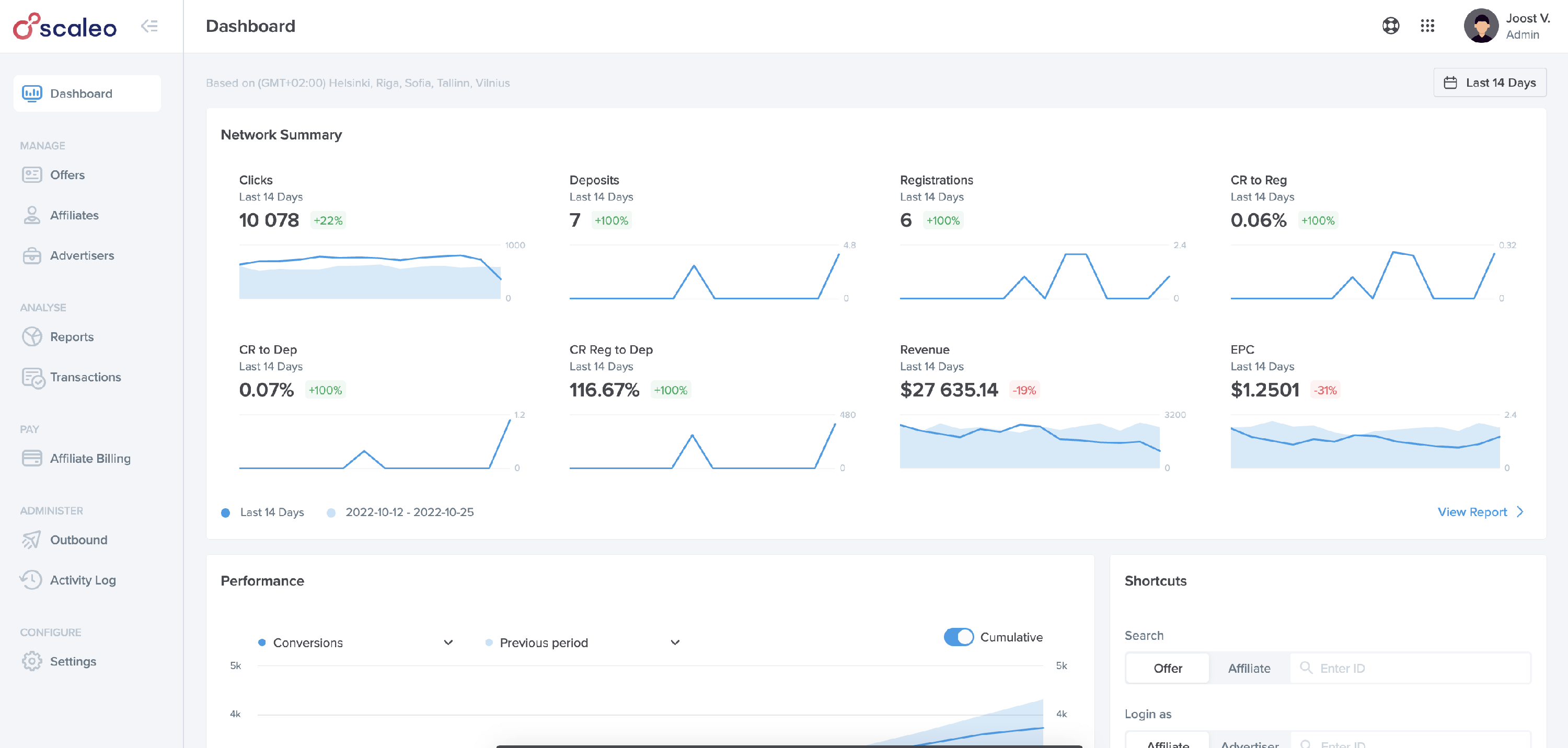Empowering Relationships: BVSM Marriage Services
Explore expert advice and support for successful marriages.
Casino Retention Scoring: The Secret Sauce Behind Player Loyalty
Unlock the secret to player loyalty! Discover how casino retention scoring fuels engagement and boosts your gaming success.
Understanding Casino Retention Scoring: Key Metrics That Drive Player Loyalty
Casino retention scoring is a crucial aspect of player loyalty that helps operators understand how to keep their customers engaged over time. By analyzing various key metrics, casinos can develop a retention strategy that not only attracts new players but also ensures that existing ones remain satisfied and active. Key metrics include player lifetime value (LTV), which estimates the total revenue a player will generate throughout their time at the casino, and churn rate, which measures the percentage of players who stop playing within a given timeframe. Understanding these metrics allows casinos to tailor their marketing efforts effectively, thereby enhancing the overall player experience.
Another essential metric in casino retention scoring is the frequency of play. This metric tracks how often players return to the casino, and it can provide insights into overall player engagement. Casinos can employ strategies such as personalized offers, loyalty programs, and bonuses to increase visit frequency. Additionally, analyzing player behavior through data such as game preferences and playing times can help operators create a more personalized experience, further driving loyalty and retention rates. Ultimately, a well-rounded approach to these key metrics can significantly boost a casino's bottom line by fostering a loyal player base.

Counter-Strike is a popular multiplayer first-person shooter game that pits teams against each other in a tactical battle. Players can choose between the Terrorist and Counter-Terrorist teams and engage in various game modes, including bomb defusal and hostage rescue. For gamers looking to enhance their experience, you can use a rollbit promo code to access exclusive benefits and rewards.
How to Use Retention Scores to Boost Player Engagement and Revenue
Retention scores are vital metrics in the gaming industry, serving as a barometer for player engagement and satisfaction. By analyzing these scores, developers can pinpoint strengths and weaknesses in their games, enabling them to create targeted strategies to enhance user experience. For instance, identifying players who disengage after a specific period can provide insights into potential issues within the game mechanics or player onboarding processes. This analysis allows for data-driven decisions that can lead to improved player retention, which ultimately translates to increased revenue.
To effectively leverage retention scores, consider implementing a feedback loop where players can share their experiences and suggestions. This can be achieved through in-game surveys or community forums, fostering a sense of involvement and ownership among players. Additionally, using retention scores to tailor in-game promotions, events, and personalized content can significantly boost engagement levels. For example, offering exclusive rewards for players returning after a hiatus can re-engage them and ultimately drive increased spending, thereby enhancing overall revenue.
What Makes a Player Loyal? Unpacking the Elements of Effective Retention Scoring
Loyalty in players is often a multifaceted phenomenon influenced by various psychological and emotional factors. Understanding what makes a player loyal requires unpacking several critical elements of effective retention scoring. First and foremost, players need to feel valued. When they perceive their contributions as essential to a team's success, their attachment to the team deepens. This sense of belonging can be fostered through personalized interactions, recognition of achievements, and constructive feedback. Furthermore, the quality of communication between the players and the management plays a vital role in establishing trust and loyalty. A transparent environment where players feel they can voice their concerns is crucial in promoting a loyal commitment.
Another significant element is the alignment of team values with player aspirations. Players often demonstrate strong loyalty when they believe in the team's mission and share the same goals. This synergy can be cultivated through community involvement and initiatives that resonate with players' personal values. Moreover, offering growth opportunities and a clear career path can lead to increased loyalty, as players are more likely to stay with an organization that invests in their development. Ultimately, by creating a positive team culture and actively engaging with players, organizations can significantly enhance their retention scoring and foster a loyal player base.